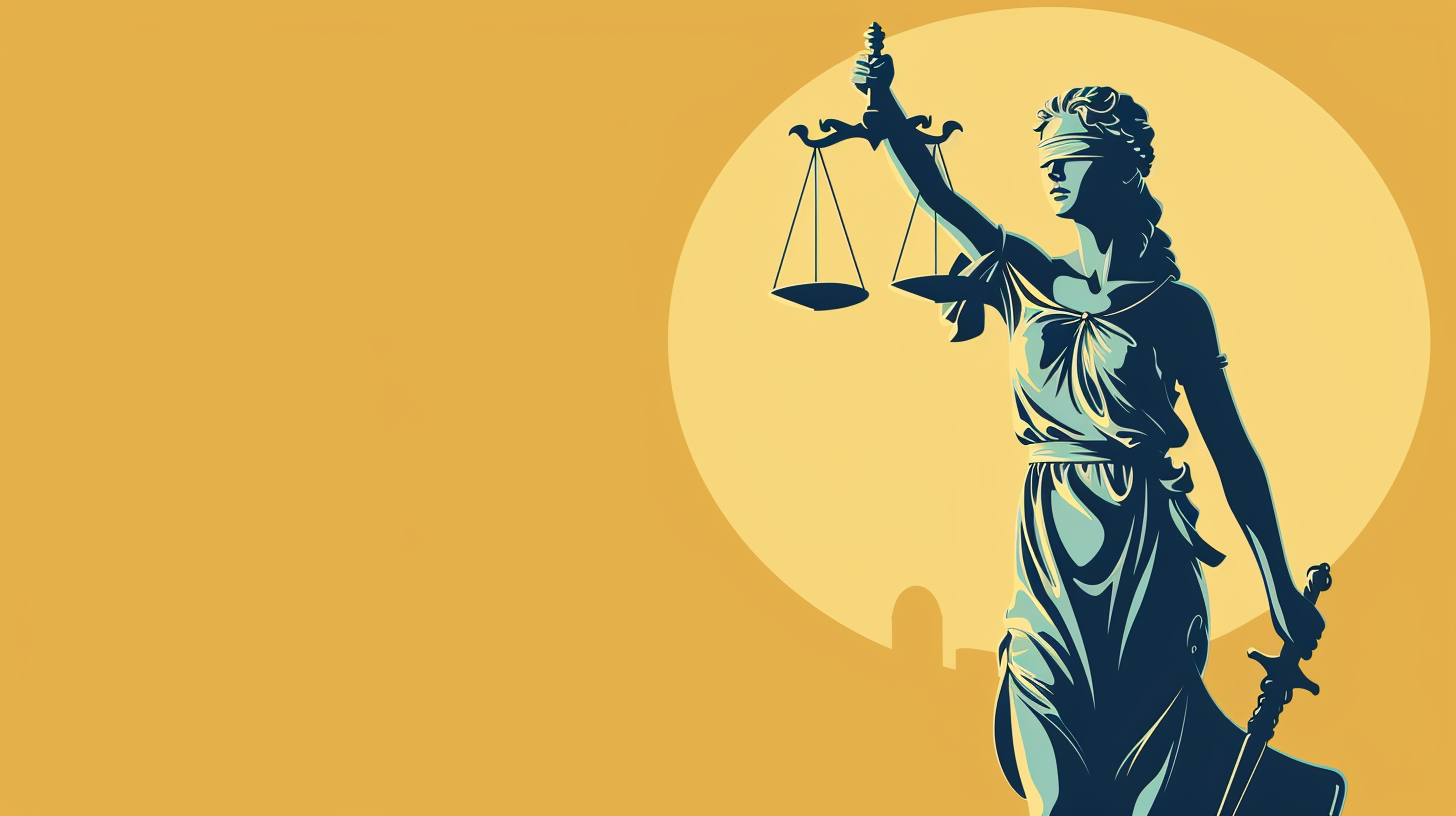The saying “No plaintiff, no judge” applies only partially in corporate law. When general or board meetings lead to statutory changes, notaries act as legal gatekeepers ensuring compliance. Ignoring formalities can invalidate resolutions and undermine shareholder confidence. This article explains why legal precision is crucial — and how Konsento simplifies legally compliant, digital corporate meetings.
Introduction
In the world of private law, which also includes corporate law, there is a principle that is often quoted casually but whose significance should not be underestimated: “No plaintiff, no judge.” This principle reflects the idea that in a well-intentioned and trusting community, legal disputes do not arise because all parties trust that their interests will be respected.
Sometimes, this trust may also extend to the assumption that a person whose rights have been violated is unaware of it or does not know the legal instruments available to enforce their rights. More recklessly still, one might rely on the idea that even when someone knows their rights have been infringed, they will not file a claim due to cost or effort considerations.
Yet in the complex reality of business life — especially with regard to general meetings (GM) and board meetings — this principle must be applied with great caution.
No Judge, but…
For many boards of directors, it can be tempting to overlook the formal requirements of a GM or board meeting, particularly when the participants are perceived as cooperative and aligned. However, this is a dangerous misconception.
When resolutions involve amendments to the articles of association, they must be notarized and filed with the Commercial Register for registration.
Notaries and commercial registry offices meticulously verify that all formal requirements are met and that both the law and the company’s articles are respected. The notary acts as a guarantor — responsible for ensuring that resolutions have been lawfully adopted. These exceptions to the principle “No plaintiff, no judge” exist to protect trust in business and legal transactions and to ensure clear evidentiary standards.
… But Legal Compliance Is Indispensable
Given these exceptions, it becomes clear that for general meetings and board meetings that lead to changes in the Commercial Register, full compliance with all legal and statutory requirements — including agenda setting, convocation, execution, and minutes — is essential.
In cases involving capital increases, auditor appointments, seat relocations, purpose amendments, or other changes to the articles, as well as the election or re-election of directors, the board must ensure the legal validity of the resolution in order to obtain registration.
Neglecting these formalities not only jeopardizes shareholder trust but also the integrity of the entire company. It is therefore crucial that boards and executive teams are fully aware of the limits of the principle “No plaintiff, no judge” and ensure strict legal compliance in their corporate actions.
Konsento, as a dedicated LegalTech platform for corporate actions, is committed to this standard. It enables the efficient and legally secure organization and execution of general meetings and board meetings.
So far, over 120 general meetings and 60 board meetings have been conducted via the Konsento platform — with about one-third of them notarized online. Konsento thus sets a benchmark for compliance, user-friendliness, and transparency in corporate decision-making.
Contact us now for a free initial consultation for the legally compliant holding of your next general meeting.
Sign up for our newsletterto stay up to date on business administration.
Or follow us on social media:

